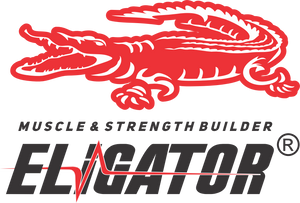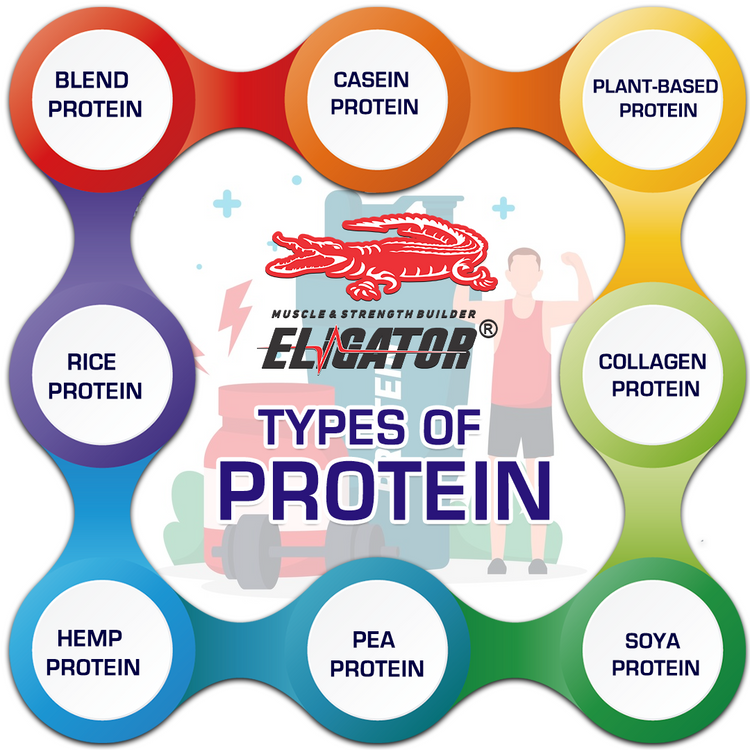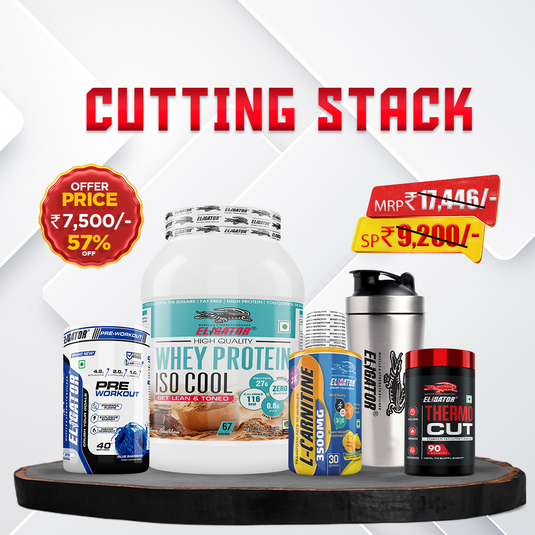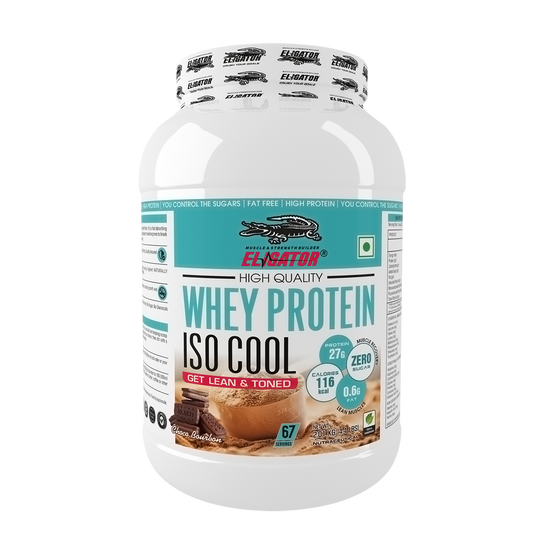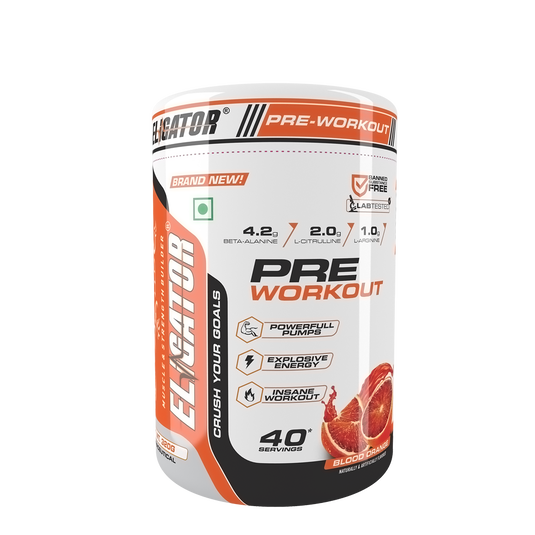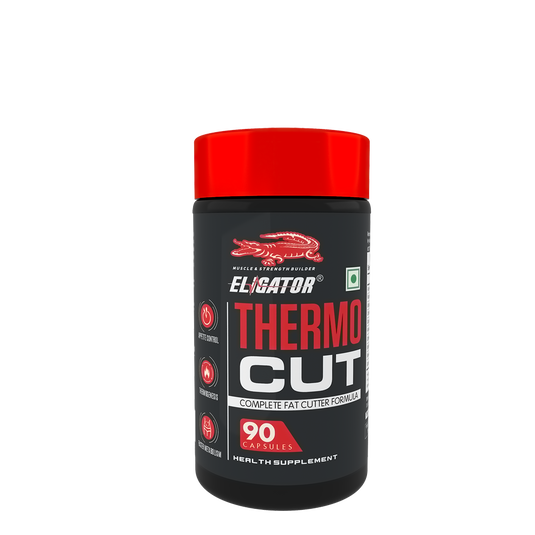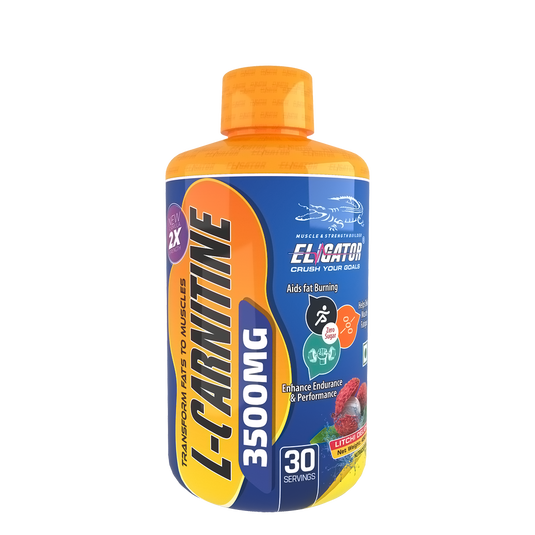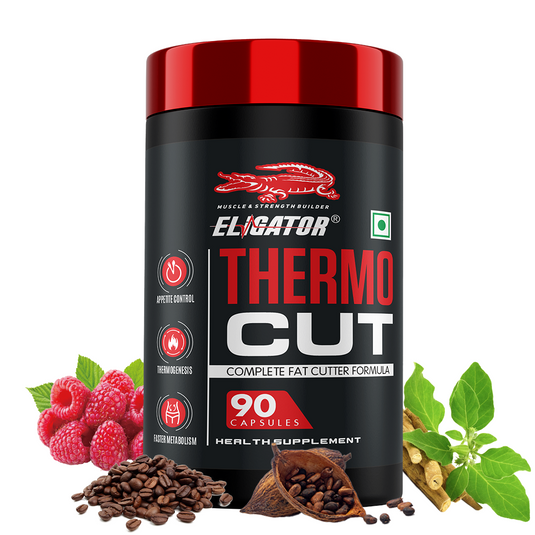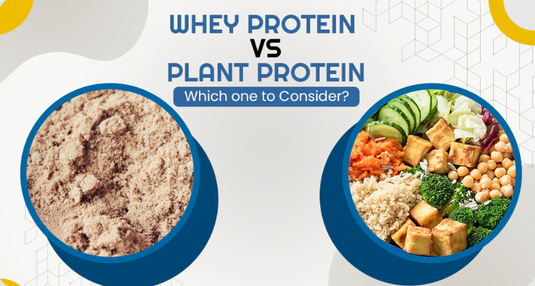Introduction
Proteins are the building blocks of life, playing a crucial role in various bodily functions. With a wide variety of protein supplements available in the market, it can be challenging to choose the right one for your needs. In this blog, we'll delve into the differences between whey protein, soy protein, casein protein, plant-based protein, collagen protein, pea protein, hemp protein, and rice protein. We aim to provide a comprehensive, fact-based guide to help you make an informed decision.
Whey Protein
What is Whey Protein? Whey protein is derived from milk during the cheese-making process. It is a complete protein, containing all nine essential amino acids.
Benefits:
- Fast Absorption: Whey protein is rapidly absorbed by the body, making it an ideal post-workout supplement.
- Muscle Growth: Rich in branched-chain amino acids (BCAAs), particularly leucine, which is essential for muscle protein synthesis.
- Immune Support: Contains immunoglobulins that can support the immune system.
Drawbacks:
- Lactose Content: Some individuals may experience digestive issues due to lactose intolerance.
- Allergenic: Those allergic to dairy should avoid whey protein.
Soy Protein
What is Soy Protein? Soy protein is derived from soybeans and is a complete protein source.
Benefits:
- Heart Health: Contains isoflavones, which have been linked to improved heart health.
- Plant-Based: Suitable for vegetarians and vegans.
- Cholesterol Reduction: May help in reducing LDL cholesterol levels.
Drawbacks:
- Phytoestrogens: Contains compounds that mimic estrogen, which might affect hormonal balance.
- Allergenic: Common allergen for some individuals.
Casein Protein
What is Casein Protein? Casein is the other primary protein found in milk, constituting about 80% of milk protein.
Benefits:
- Slow Digestion: Provides a slow and steady release of amino acids, making it ideal for nighttime consumption.
- Muscle Preservation: Helps in muscle maintenance during long periods without food.
Drawbacks:
- Lactose Content: May cause digestive issues for lactose-intolerant individuals.
- Allergenic: Not suitable for those with dairy allergies.
Plant-Based Protein
What is Plant-Based Protein? This category includes proteins derived from various plant sources such as peas, hemp, rice, and a blend of other plants.
Benefits:
- Diverse Nutrients: Often contains a variety of vitamins, minerals, and antioxidants.
- Environmentally Friendly: Lower environmental impact compared to animal-based proteins.
- Suitable for Vegans: An excellent protein source for vegetarians and vegans.
Drawbacks:
- Incomplete Protein: Some plant-based proteins may lack one or more essential amino acids, though blends can provide complete protein profiles.
- Digestibility: Some plant proteins may be harder to digest for certain individuals.
Collagen Protein
What is Collagen Protein? Collagen protein is derived from animal connective tissues, such as skin, bones, and cartilage.
Benefits:
- Joint Health: Supports joint health and reduces symptoms of osteoarthritis.
- Skin Health: Promotes skin elasticity and hydration.
- Digestive Health: May aid in improving gut health.
Drawbacks:
- Incomplete Protein: Lacks tryptophan, one of the essential amino acids.
- Animal-Derived: Not suitable for vegetarians and vegans.
Pea Protein
What is Pea Protein? Pea protein is made from yellow peas and is a popular plant-based protein.
Benefits:
- Hypoallergenic: Generally free from common allergens such as dairy, soy, and gluten.
- High in BCAAs: Supports muscle growth and recovery.
- Digestibility: Easily digestible compared to some other plant proteins.
Drawbacks:
- Incomplete Protein: Low in methionine, an essential amino acid, but can be complemented with other protein sources.
- Taste and Texture: Some people may find the taste and texture less appealing.
Hemp Protein
What is Hemp Protein? Hemp protein is derived from the seeds of the hemp plant and is considered a complete protein.
Benefits:
- Omega Fatty Acids: Rich in omega-3 and omega-6 fatty acids, which are beneficial for heart health.
- Digestibility: Easily digestible and contains fiber, aiding in digestion.
- Nutrient-Rich: Contains vitamins, minerals, and antioxidants.
Drawbacks:
- Low Protein Content: Generally lower in protein content per serving compared to other protein powders.
- Earthy Flavor: Has a distinct earthy flavor that some may find unappealing.
Rice Protein
What is Rice Protein? Rice protein is made from brown rice and is often used in plant-based protein blends.
Benefits:
- Hypoallergenic: Suitable for those with allergies to dairy, soy, or gluten.
- Digestibility: Gentle on the digestive system.
- Complete Protein: Often combined with pea protein to provide a complete amino acid profile.
Drawbacks:
- Incomplete Protein: Low in lysine, an essential amino acid, when consumed alone.
- Texture: Can be gritty or chalky in texture.
Conclusion
Choosing the right protein supplement depends on your dietary needs, preferences, and health goals. Whether you're looking for a quick post-workout recovery option, a protein that supports overnight muscle repair, or a plant-based alternative, there's a protein type that can meet your requirements. Always consider the benefits and drawbacks of each protein type and consult with a healthcare professional if you have any concerns or specific dietary restrictions.




Receive the Blog via Email Daily
Please fill out the form below and we’ll get back to you within 24 hours.
